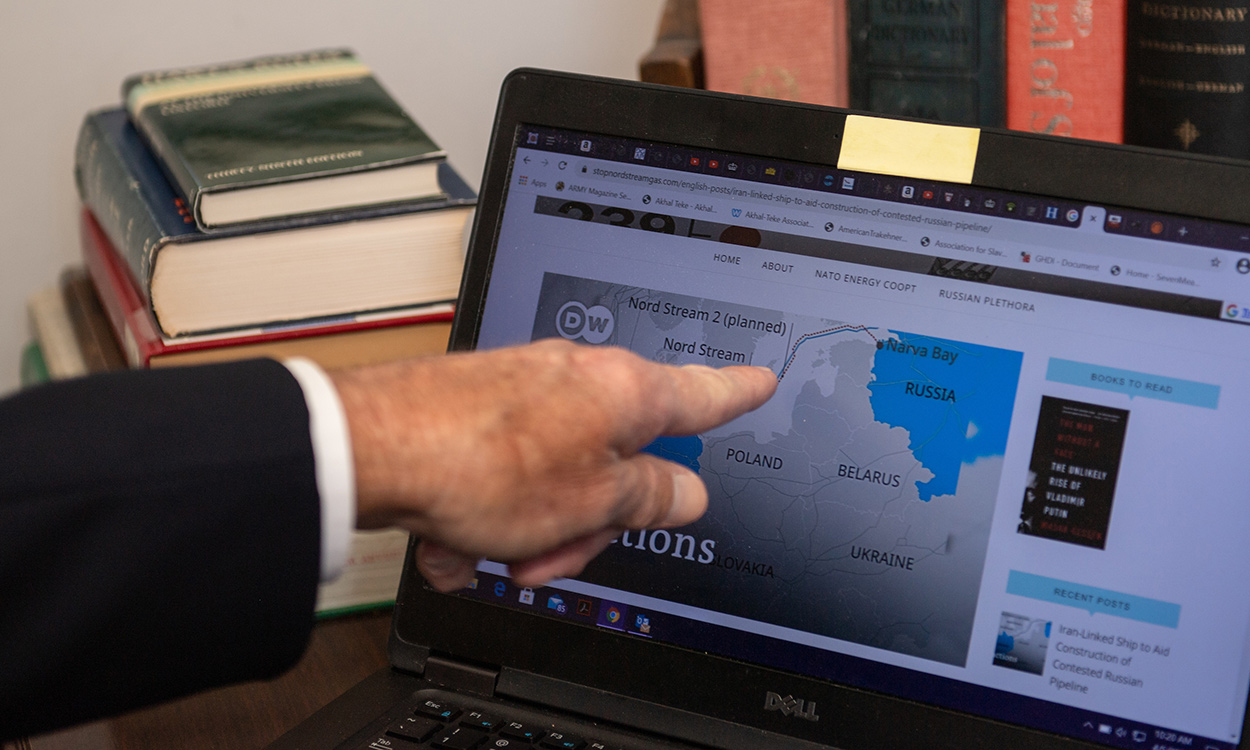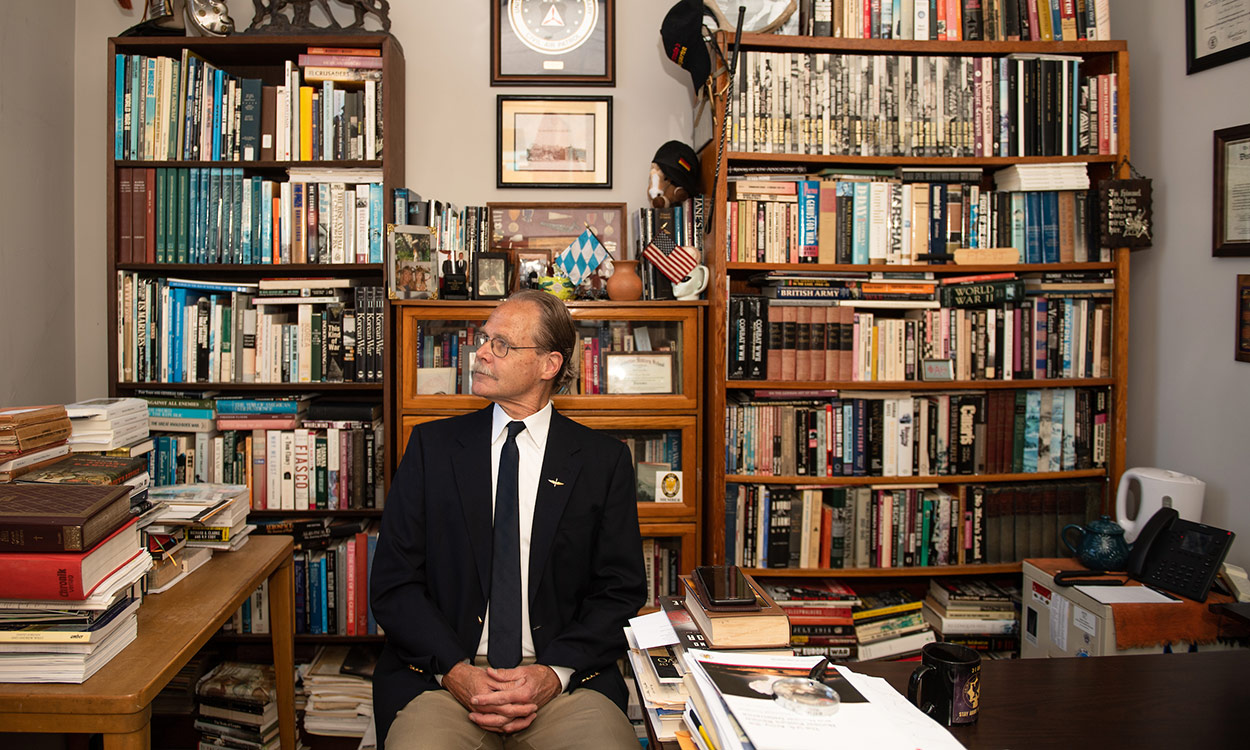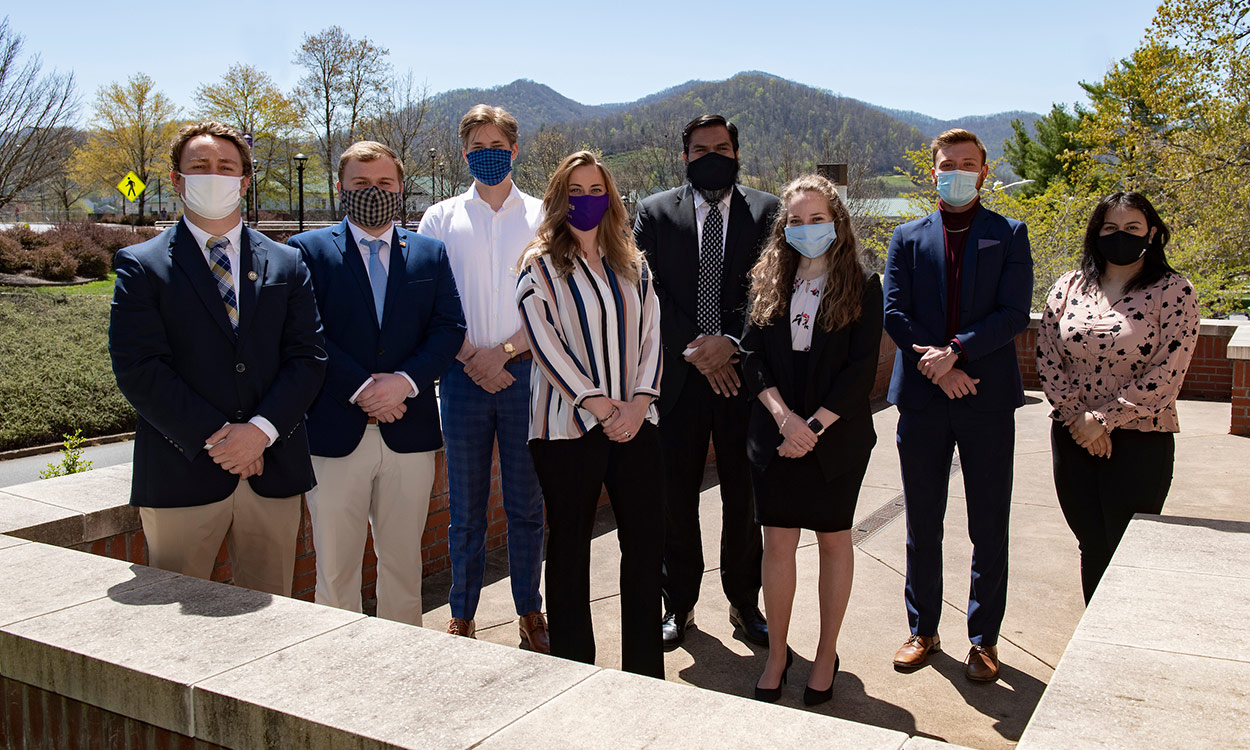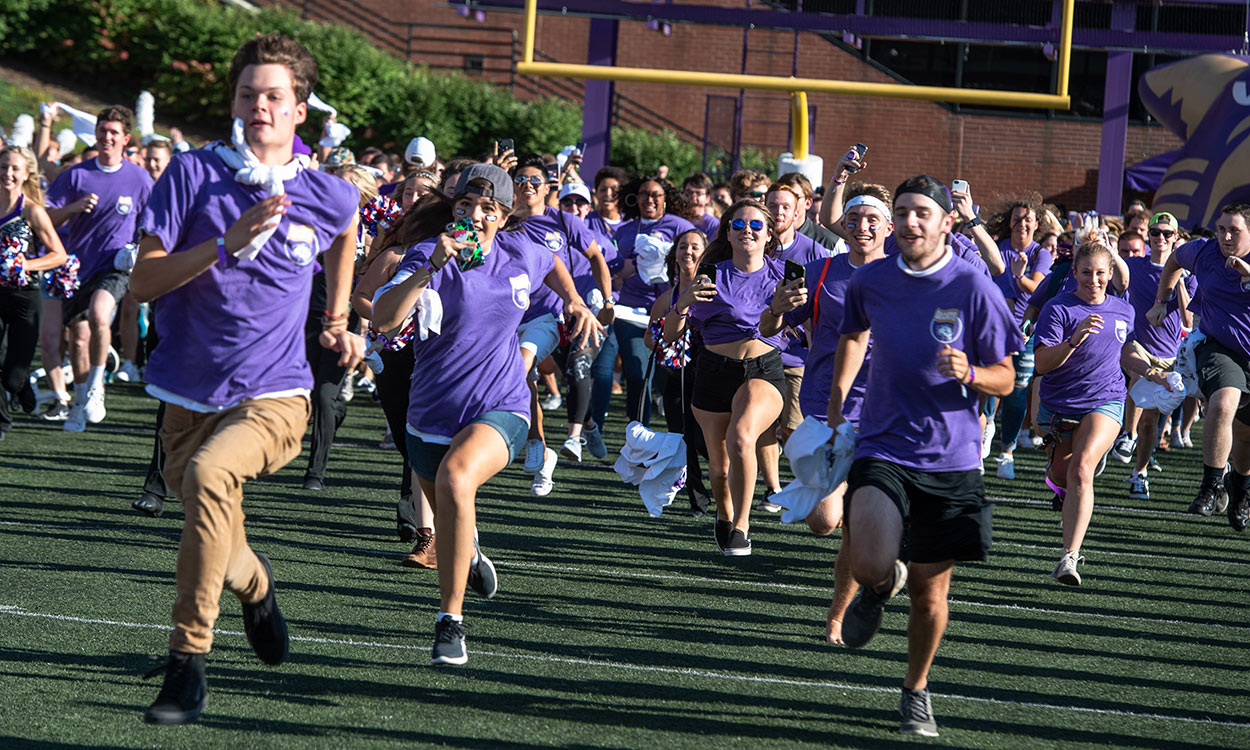David Dorondo participates in NATO hybrid warfare research
David Dorondo
David Dorondo, an associate professor of history at Western Carolina University, has found himself lately a part of espionage, international diplomacy and a shadow world of geopolitical intrigue.
It’s not a spy novel, it’s real life and this text has been approved for security clearance. Seriously.
Dorondo is working - as a historian - alongside military brass, techno-wizards and system analysts with NATO, the better-known acronym of the North Atlantic Treaty Organization, as part of a NATO Science and Technology Organization research team.
“We’re conducting an examination of energy security within the NATO alliance, in light of what is known as hybrid warfare,” said Dorondo. He defined hybrid warfare as what “could be best described as conflict just below the level of state vs. state armed combat, including disinformation campaigns, disruption of power grids and emergency services, computer hacking, and the employment of officially unidentified ‘little green men’ such as Russia used in the seizure of Crimea in 2014 and in eastern Ukraine to this day.
“It’s a level of clash more political, economic and informational rather than with bullets, bombs and missiles,” he said. “I’m not sure if the terminology will be used too much longer, but for now ‘hybrid warfare’ is the phrase applied.”

The research team’s task is to identify, investigate and recommend mitigations against kinetic and non-kinetic strategic threats to NATO’s energy infrastructure. Dorondo, with extensive insight into German and Austrian politics, socioeconomic and demographic features from a historical and contemporary viewpoint, has a focus on certain elements of relations with Russia.
A recent panel discussion including Dorondo covered topics of contention between Germany and the U.S., one of which is the ongoing disagreement over the Nord Stream 2 undersea natural gas pipeline. To meet economic and environmental obligations after the scheduled shutdown of its nuclear and coal-fired power plants, Germany will depend on steady imports of natural gas; and Nord Stream 2 would secure needed fuel resources from Russia. However, it would also increase Russia’s political and economic leverage over Ukraine, as well as several European Union countries already dependent on Russian-supplied gas. The U.S. has voiced strong opposition, but Germany is determined to proceed with construction, further complicating efforts to normalize relations between the two nations.
Having historian involvement in discussion and research is an approach that works on several levels.
“I provide a combination of historical-political analysis for the NATO group, participate in formal Q&A, and contribute to deterrence analysis,” Dorondo said. “It’s fascinating work, a different type of historical research than I’d been involved with heretofore. And I’ve brought it into my classrooms, as well, applying it to both my History of International Relations and Modern European Military History courses, the latter of which I’m teaching this semester.”
WCU’s History Department offers undergraduate and graduate programs with a variety of courses from ancient Greece and Rome, medieval and modern Europe, Colonial America, Latin America, Atlantic World, modern Asia, women’s history, African American history, Cherokee history, Appalachian culture and public history. For more information, call 828-227-3838 or email mengel@wcu.edu.


